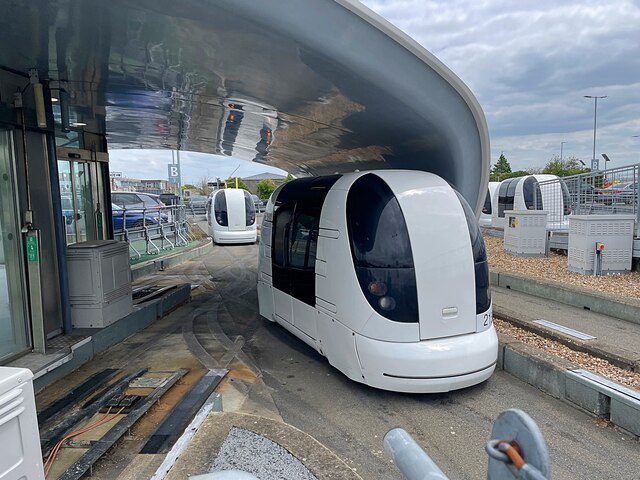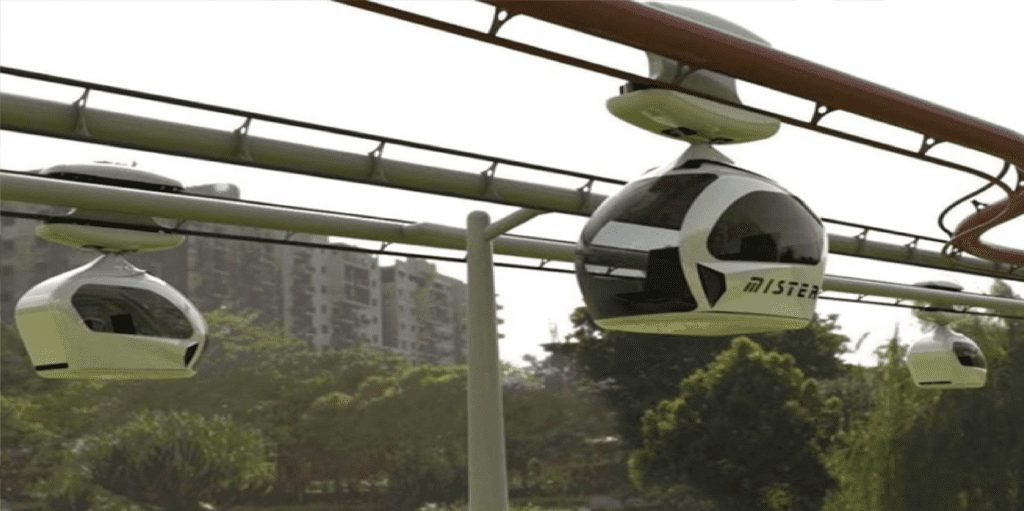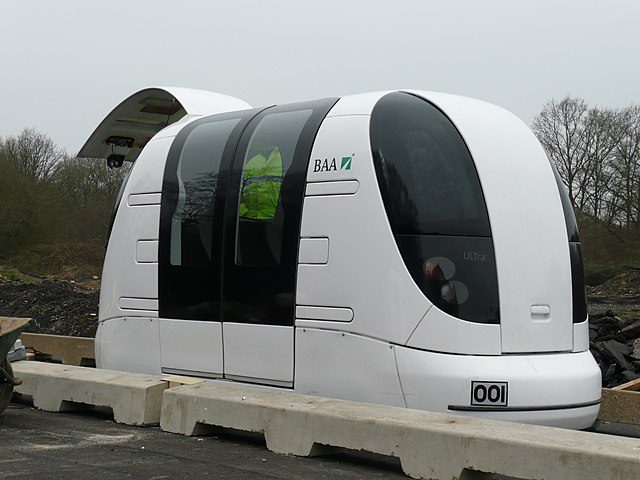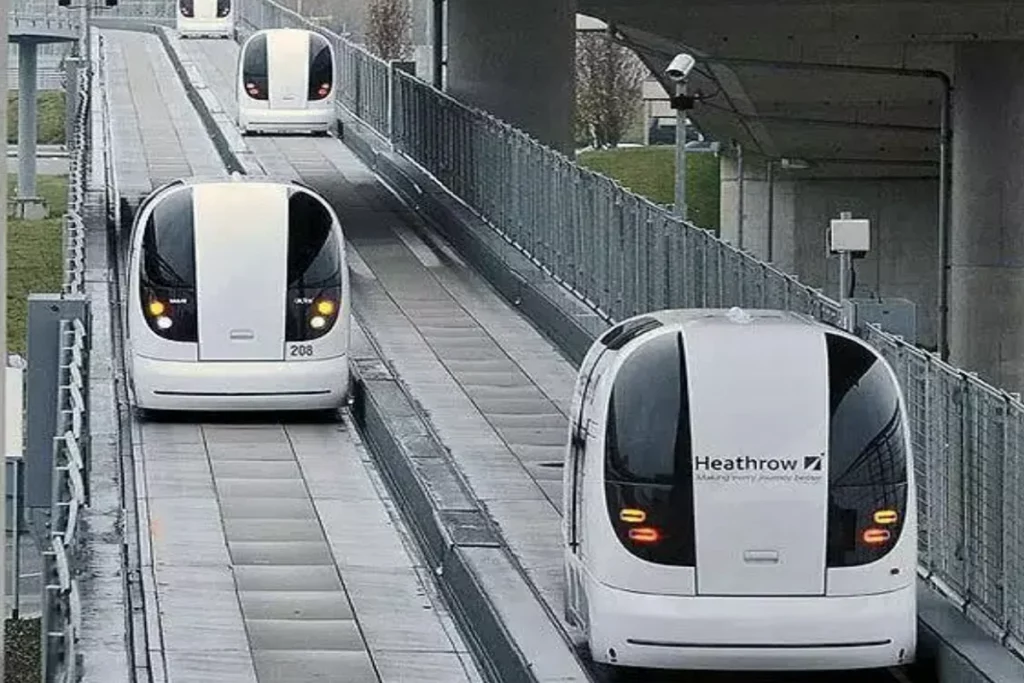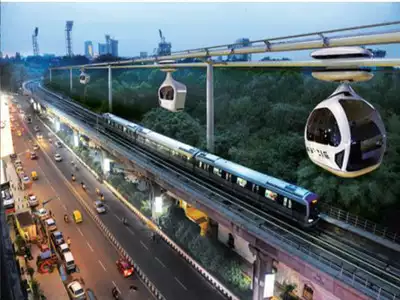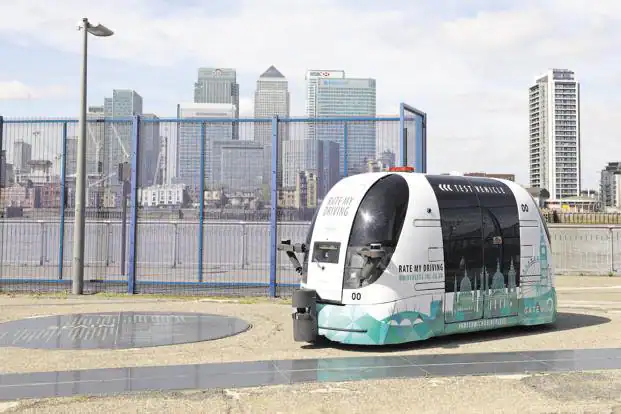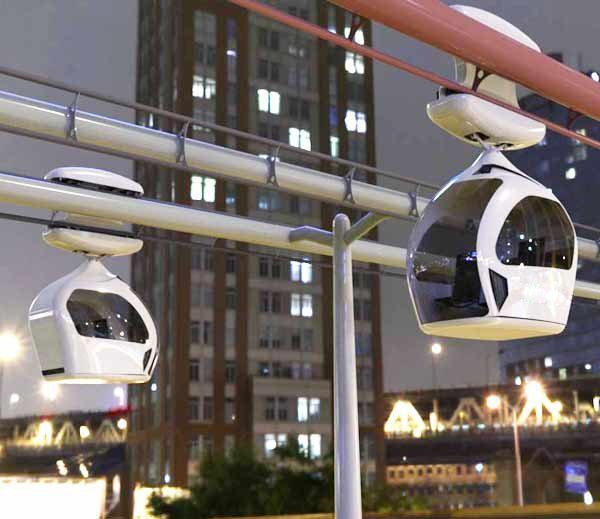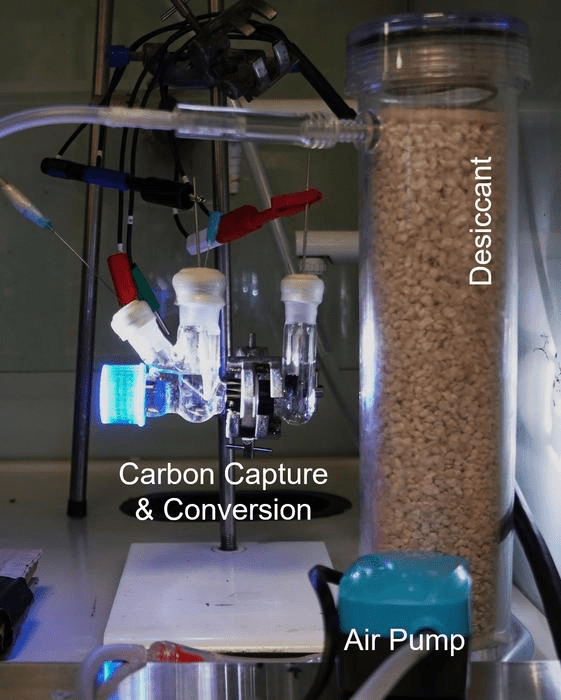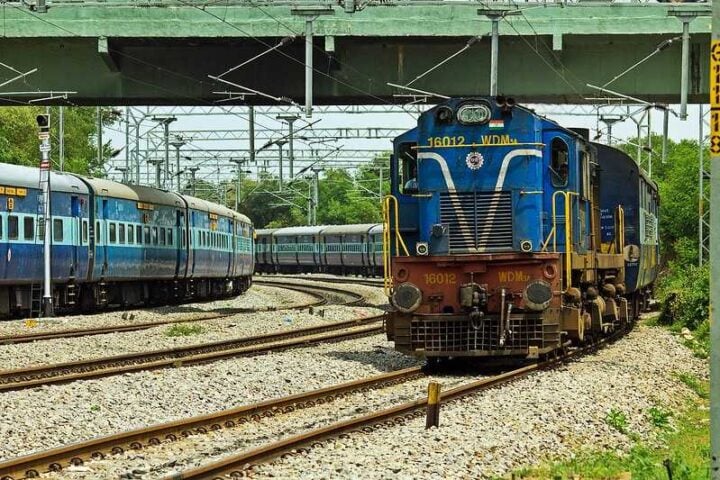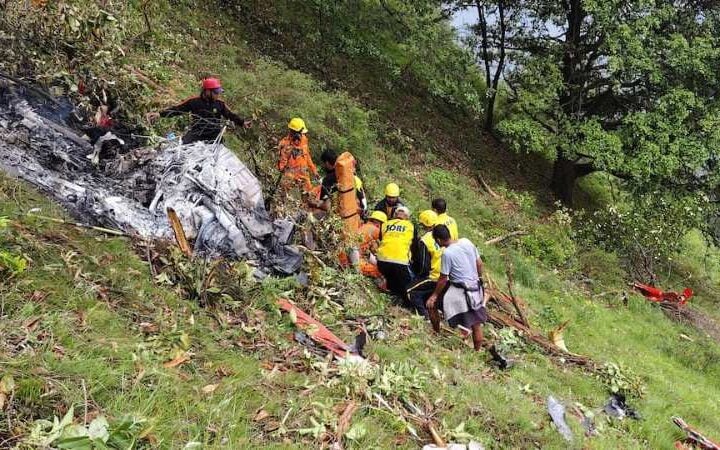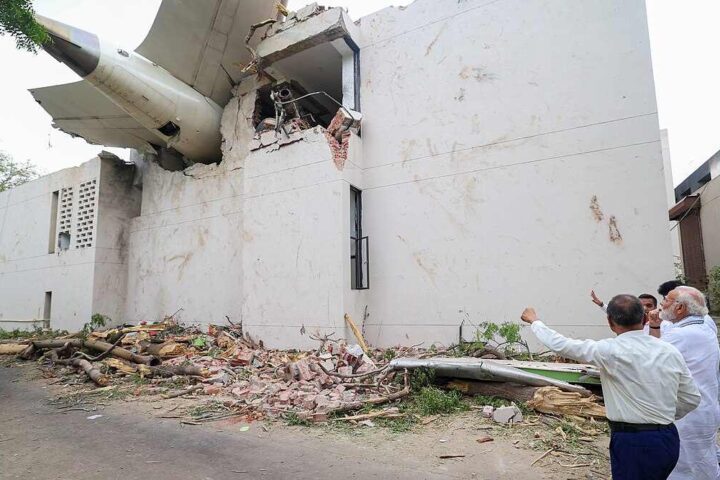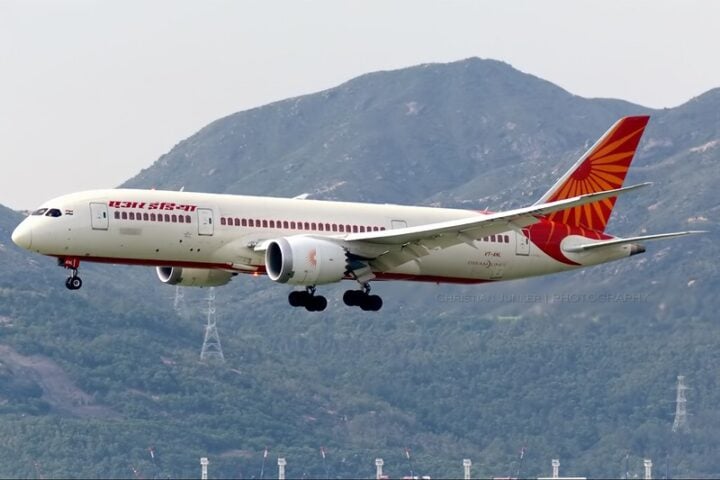After government approval, India’s first pod taxi project will be implemented in Noida and Greater Noida. The project will operate on a public-private partnership (PPP) model. Global tenders will be issued soon for this undertaking. This initiative will make Noida and Greater Noida the first cities in India to have a pod taxi facility.
The proposed route for the pod taxi service is from Jewar Airport to the proposed Film City, covering a distance of 14.6 kilometers. Twelve stations will be built along this corridor. The estimated cost of the project is roughly Rs. 642 crore. The government aims to complete it by March 2026.
The Yamuna Authority, responsible for development in the area, has prepared a detailed project report (DPR) in collaboration with the Central Government’s Indian Port Rail and Ropeway Corporation Limited. The Jewar Airport, Noida International Airport, Film City, and Data Center are part of the development plans in the region.
The pod taxi system will be built at a cost of Rs 810 crore and will traverse through sectors 28, 29, 31, and 32 of Noida, connecting Jewar Airport to Film City. These taxis can accommodate four to six passengers per car and will run on a steel track.
The pod taxi service is considered an eco-friendly and cost-effective mode of transportation with zero carbon footprints. It will operate without drivers and will primarily run on electricity or hydrogen engines, similar to pod taxi services in other countries such as London, Abu Dhabi, and South Korea.
The initiative is expected to boost tourism in the region, with plans to connect the pod taxi service with an amusement park in Film City. Additionally, it will provide transportation options for locals and visitors traveling to and from Jewar Airport.
Similar Post
A transport expert has acknowledged the efforts to introduce pod taxis but emphasized the need for basic facilities such as road connectivity and electricity in Greater Noida to ensure the success of the project. However, the expert also mentioned that pod taxis consume less electricity compared to metro systems, and areas traversed by the pod taxis need to be developed.
To implement the project, a detailed project report has been prepared, and the authorities have studied pod taxi services in countries like Japan, South Korea, and the United Kingdom. The length of the corridor will be 14.1 kilometers, costing around Rs 641.53 crore.
